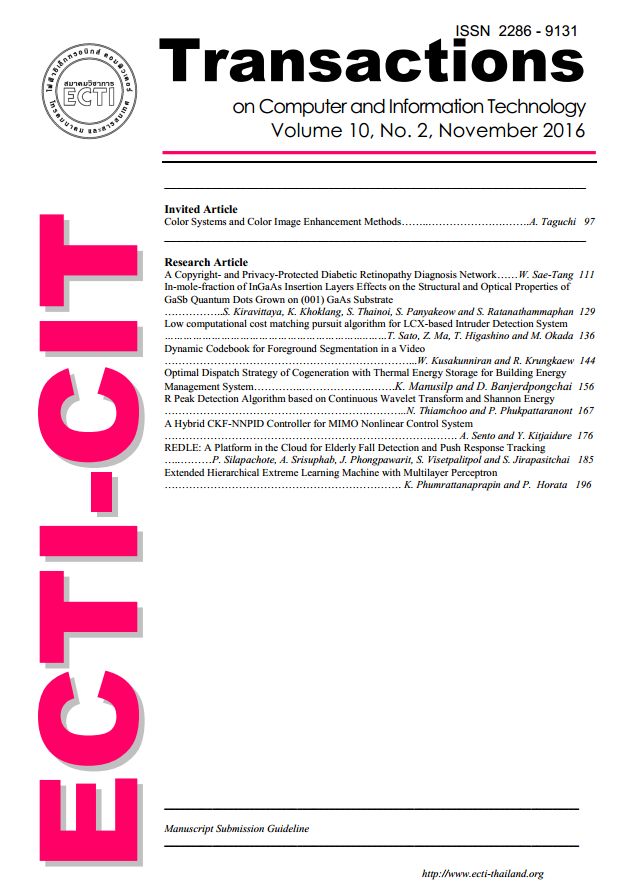Modeling Human-Like Robustness in an Intelligent Tutoring System
Main Article Content
Abstract
Intelligent tutoring systems are no different from other knowledge based systems in that they are often plagued by brittleness. Intelligent tutoring systems for problem solving are typically loaded with problem scenarios for which specific solutions are constructed. Solutions presented by students, are compared against these specific solutions, which often leads to a narrow scope of reasoning, where students are confined to reason towards a specific solution. Student solutions that are different from the specific solution entertained by the system are rejected as being incorrect, even though they may be acceptable or close to acceptable. This leads to brittleness in tutoring systems in evaluating student solutions and returning appropriate feedback. In this paper we discuss a few human-like attributes in the context of robustness that are desirable in knowledge based systems. We then present a model of reasoning through which a tutoring system for medical problem-based learning, can begin to exhibit human-like robust behavior in evaluating solutions in a broader context using UMLS, and respond with hints that are mindful of the partial correctness of the student solution.


